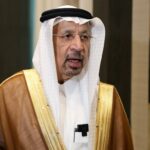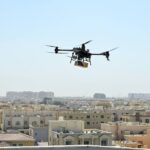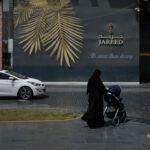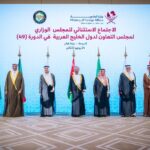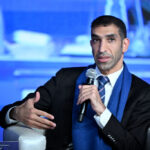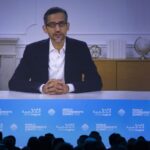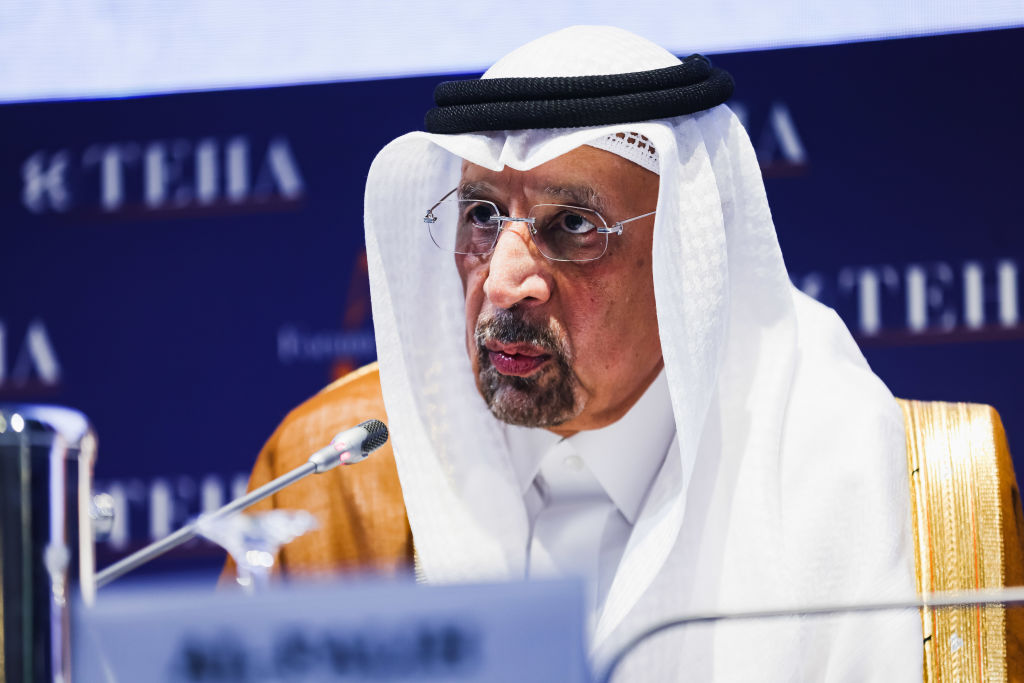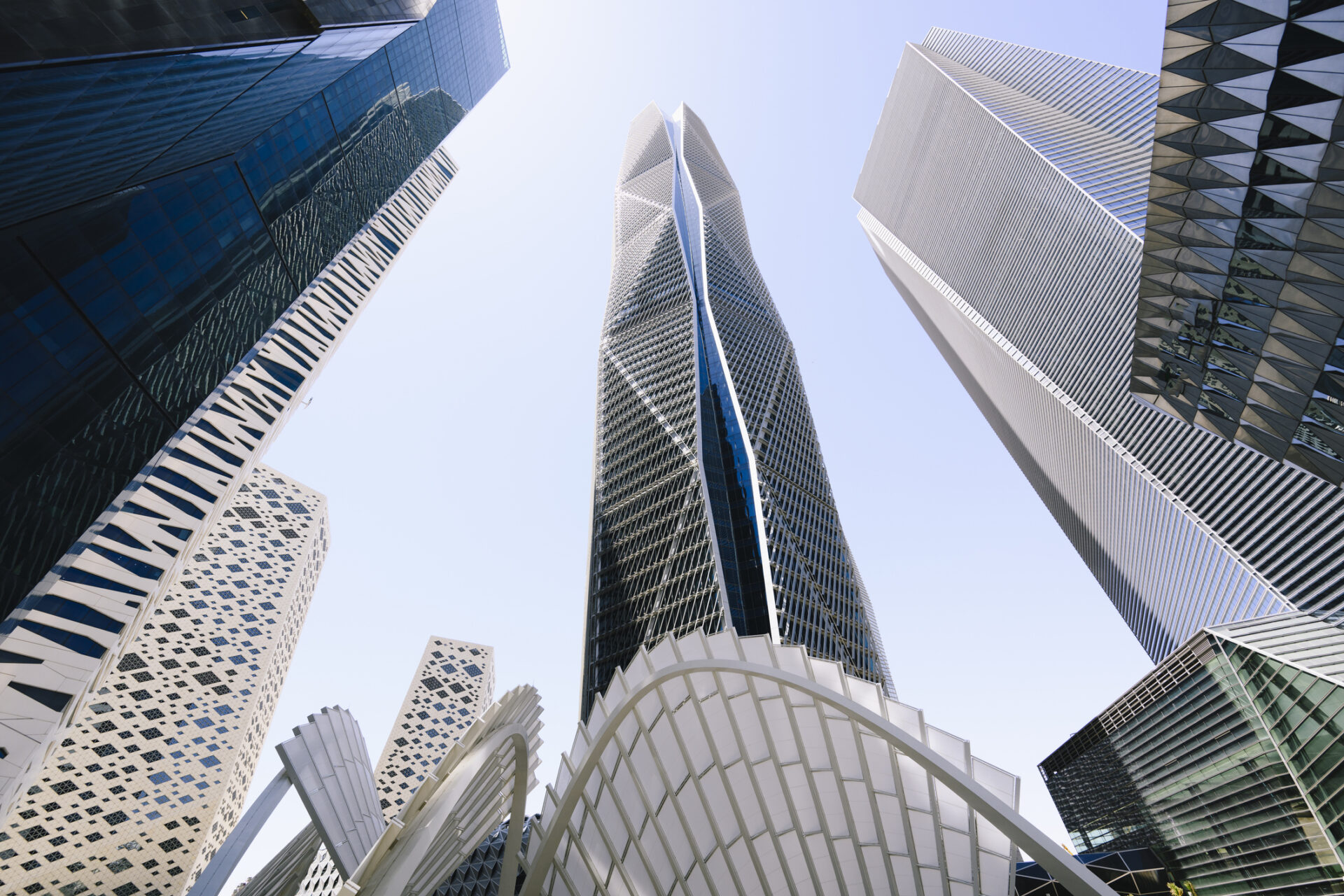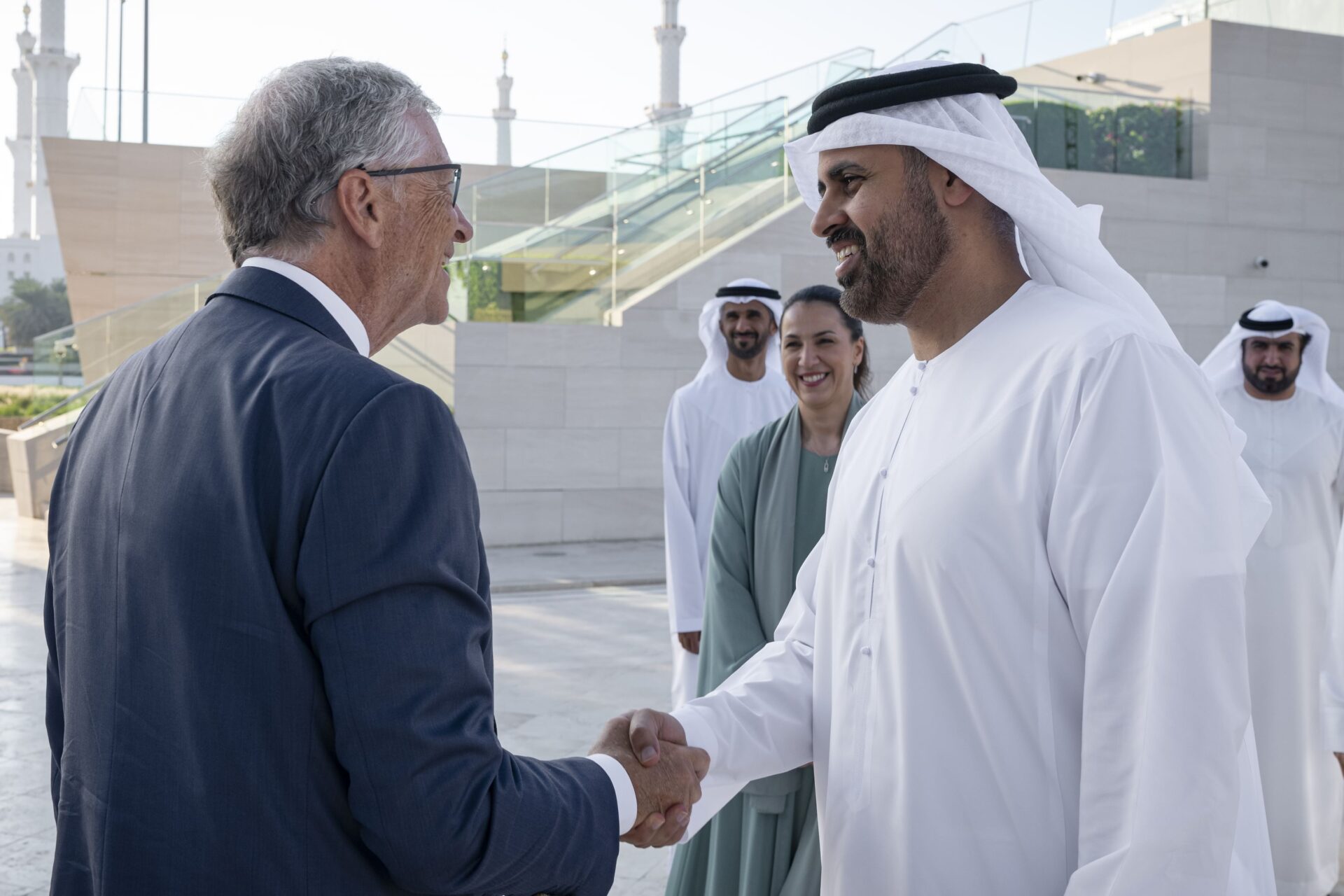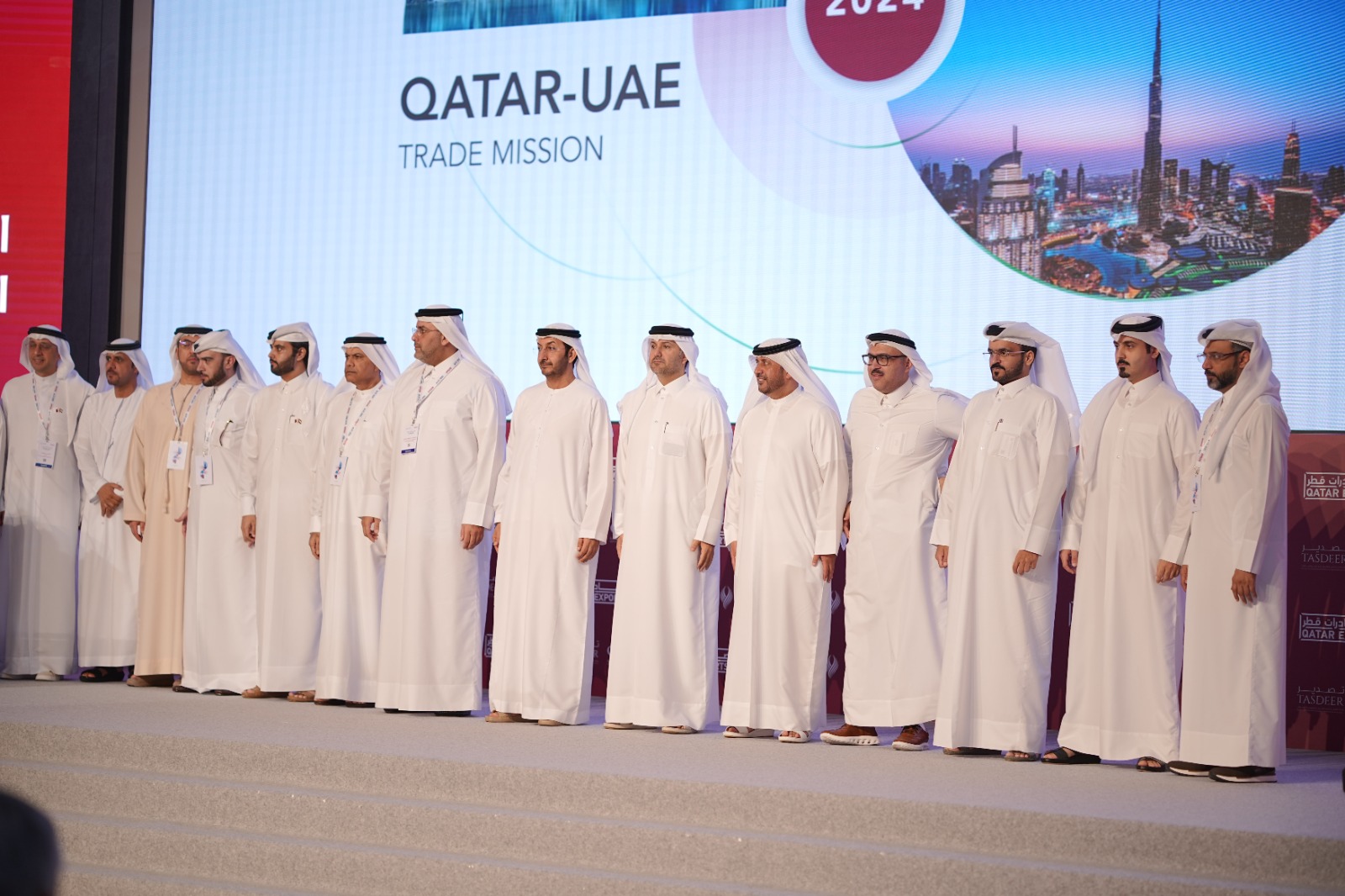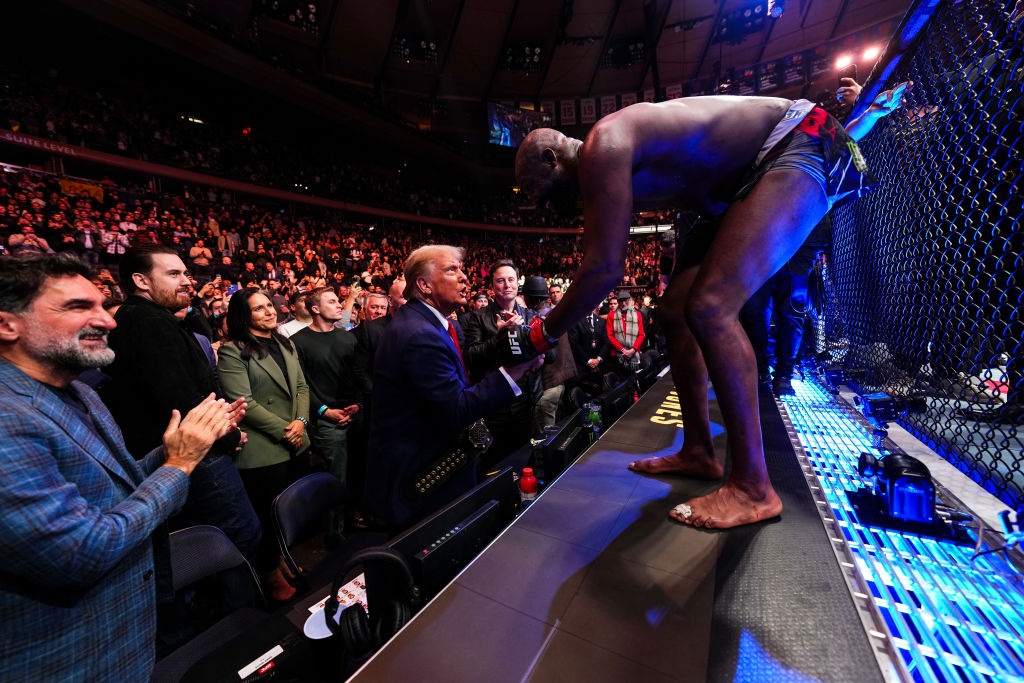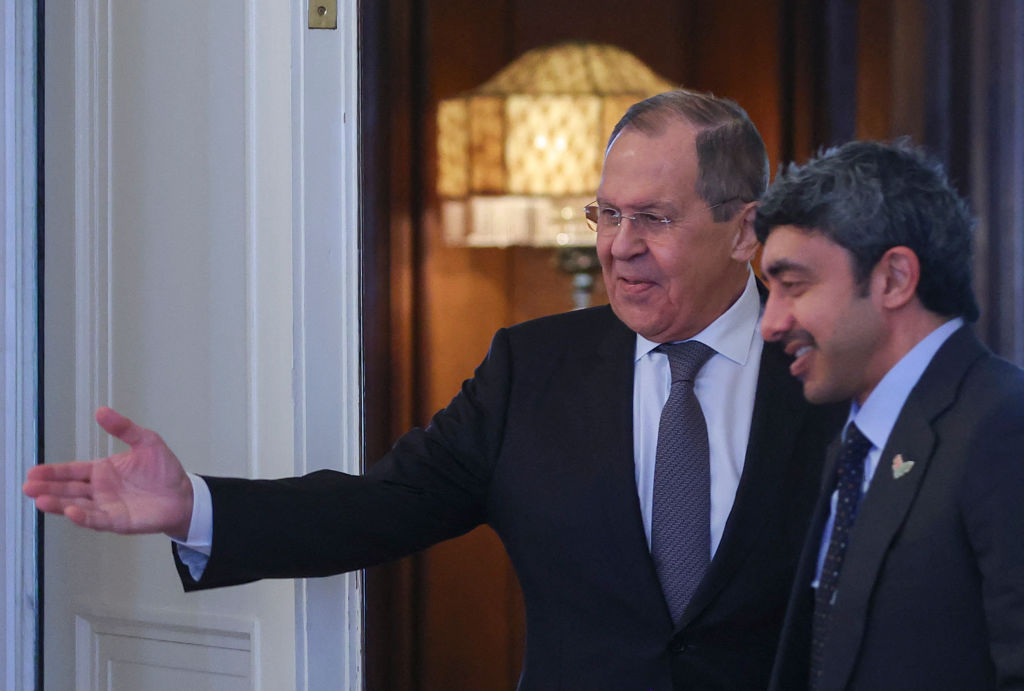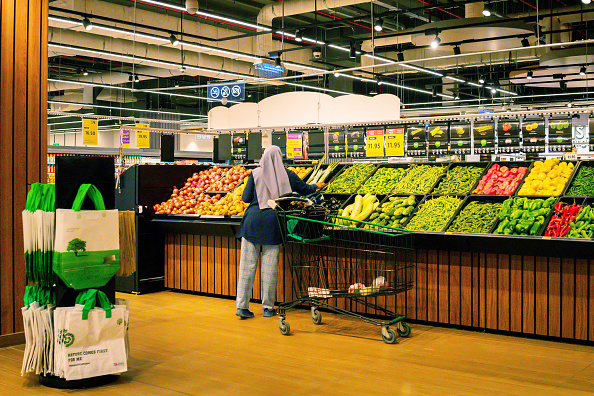The region now boasts around 60 to 80 active VC funds, including heavyweights like Mubadala Ventures in the UAE and STV in Saudi Arabia
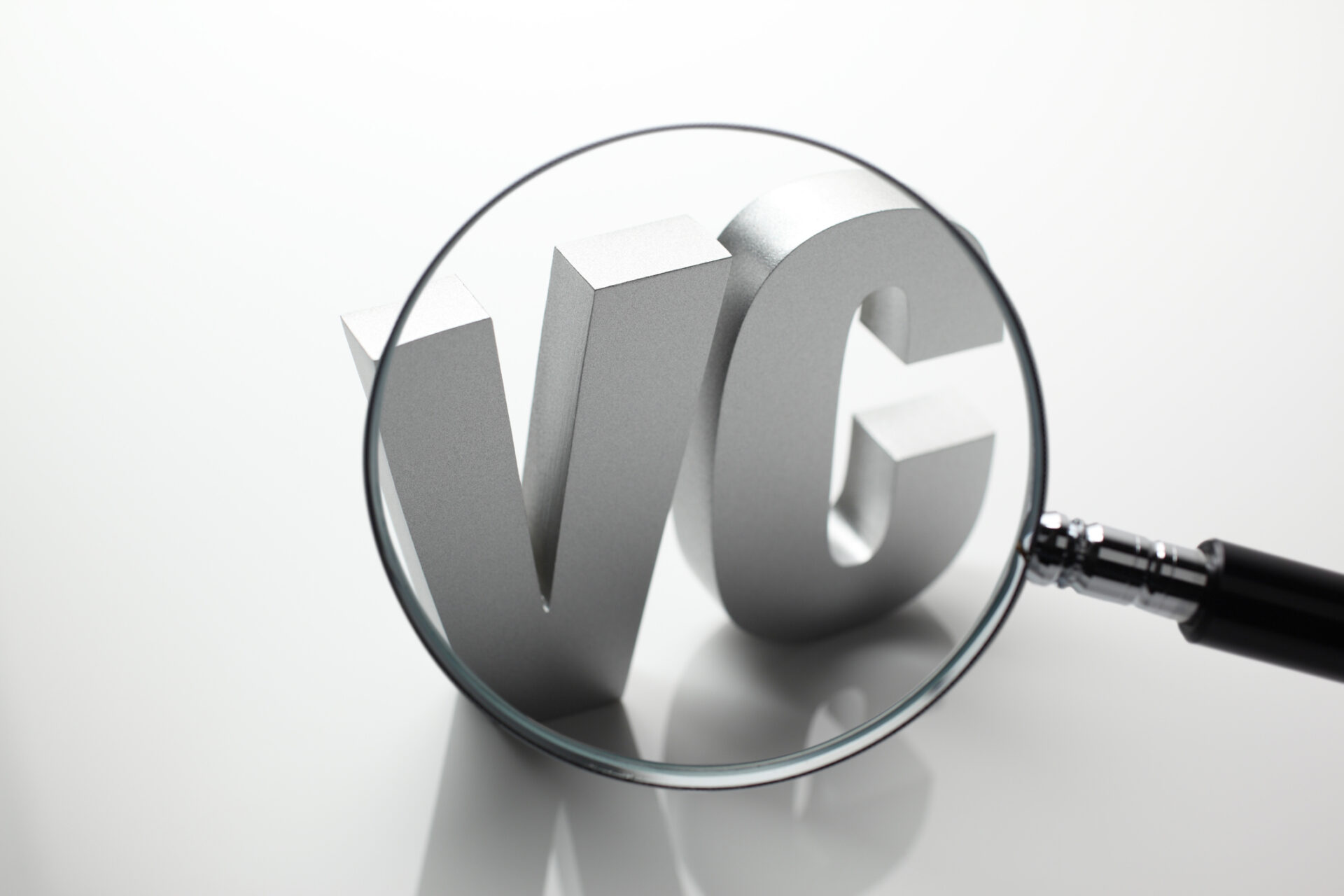
(Getty Images)
The Gulf has emerged as a dynamic hub for startups, attracting global attention with its investments, government-backed initiatives and an increasing number of venture capital funds.
Here’s a glance at the region’s early-stage startup ecosystem, highlighting its growth over the past decade and the supportive frameworks fueling entrepreneurial growth.
In 2023, early-stage funding across pre-seed, seed, and Series A rounds surpassed $500 million across the region, a 12-fold increase from 10 years ago. Overall, VC funding in the Gulf rose in 2023 – despite a global decline – with Saudi Arabia overtaking the UAE as the region’s top recipient of VC investments.
Historically, the UAE and Saudi Arabia dominate these investments, with the UAE’s fintech and healthtech startups leading recipients of VC funds. Alma Health’s $10 million Series A exemplifies the momentum, alongside seed success stories like Ejari closing a $14.7 million seed round in October.
The region now boasts around 60 to 80 active VC funds, including heavyweights like Mubadala Ventures in the UAE and STV in Saudi Arabia. Qatar and Oman are also fostering growth with targeted initiatives such as Qatar’s QBIC and Oman’s Innovation Hub.
Notable Exits and Milestones
Growth opportunities and the burgeoning vigor of the ecosystem can be traced through the increasing number of milestone moments for homegrown startups.
Careem: Acquired by Uber for $3.1 billion in 2019, becoming a benchmark for regional unicorns.
Souq.com: Amazon’s $580 million acquisition of this e-commerce giant was pivotal in connecting global investors with the region.
Jahez: The Saudi food delivery app made headlines with its $2.4 billion IPO in 2021.
Floward: online flower and gift delivery platform, raised $156 million in a 2023 pre-IPO Series C round led by Aljazira Capital, Rainwater Partners, and STV marking the largest deal in Kuwait in 5-years.
Government-Backed Initiatives
The GCC owes much of its startup boom to forward-thinking government initiatives. These programs combine entrepreneurship training with access to resources, capital, and world-class expertise among other benefits for founders
Each country has unique offerings and accelerator programs. Here is a brief list of some of the programs
Hub71 in Abu Dhabi is a cornerstone of the UAE’s Ghadan 21 program. The technology park provides startups with office space, visa assistance, access to investors, and industry-specific accelerator programming making it a magnet for global tech talent.
Dubai Silicon Oasis: This Free Trade Zone supports digital transformation startups, offering 100% foreign ownership and tax incentives. It also hosts the Dubai Technology Entrepreneur Campus which is home to over a thousand startups from 90 countries.
Public Investment Fund: Saudi Arabia’s PIF, through programs like Aramco’s Wa’ed Ventures – supports the government’s Vision 2030 goals by investing heavily in accelerators and incubators and fostering technological innovation.
University-Led Programs:
King Abdullah University of Science and Technology (Saudi Arabia): Known for fostering sustainability-focused ventures.
Khalifa University (UAE): Offers seed funding and mentorship via its innovation center.
Qatar University: Promotes entrepreneurial activity through workshops and funding.
Sultan Qaboos University (Oman): Aligns its programs with the Omani government’s Vision 2040 program to emphasize sustainable development.
These initiatives combine regulatory easing, financial incentives and innovation hubs to nurture startups. Governments are aggressively rolling out startup visas to attract talent, with the UAE leading the way through its “Golden Visa” program. Saudi Arabia’s Entrepreneurship License simplifies startup formation, further demonstrating the region’s commitment to economic diversification.
Despite remarkable growth, the GCC faces the same challenges as other developing ecosystems. Though there have been overall increases in early-stage VC funds, there is still limited access to growth capital in the region and cross-border expansion can be logistically complicated for startups.

